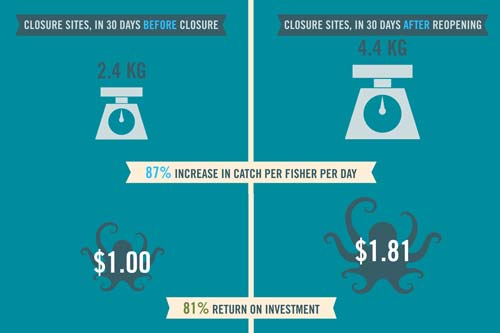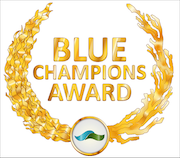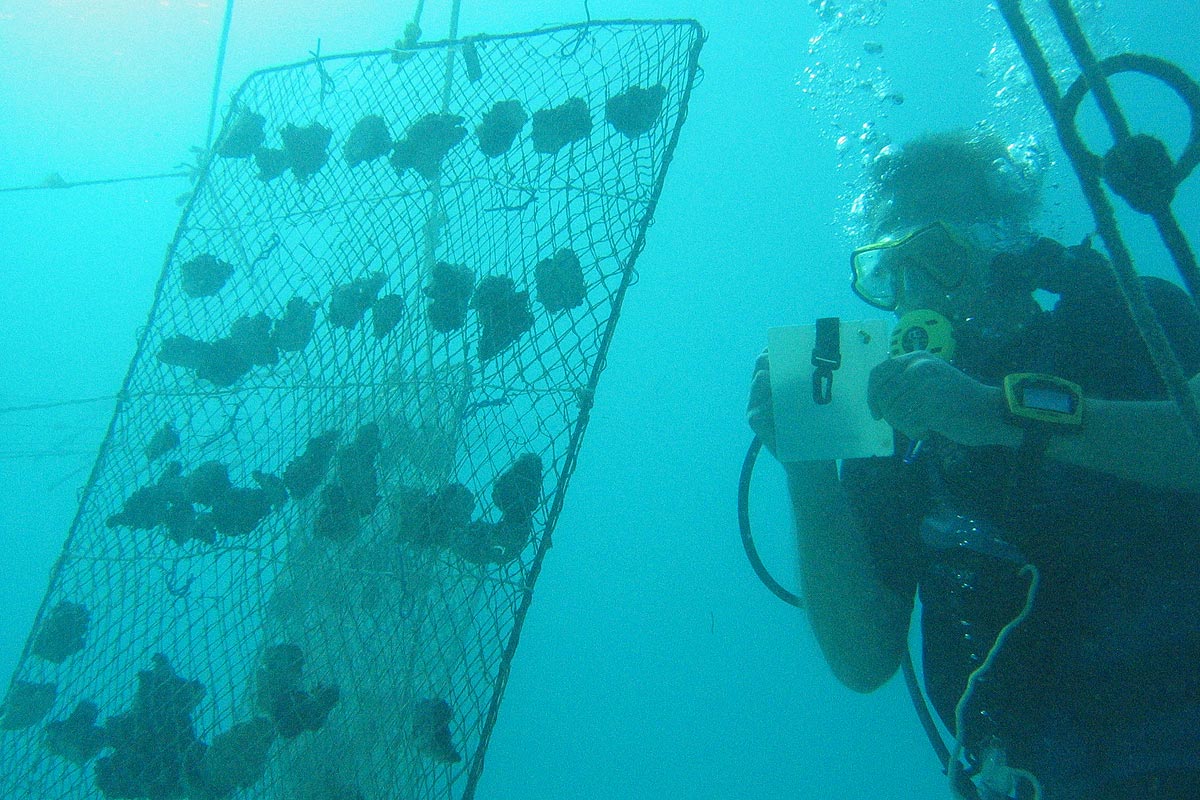Catalyze Marine Protection
30.01.2016
2015 we came with our Dutch partner coralreefcare.com to an agreement, to bundle our marine protection efforts. With joint projects in the areas of coral protection, reef- and fisheries management and with accompanying awareness programs, we want to catalyze marine protection in the coastal zones of Zanzibar.
Over 65 % of reefs in the Indian Ocean are at risk from local threats, with one-third rated at high or very high risk. The single biggest threat is overfishing, which affects at least 60 percent of coral reefs, especially on the densely populated coastlines of southern India, Sri Lanka, southern Kenya, Tanzania, Thailand, and Sumatra. Dynamite fishing in this region is a localized problem, occurring mainly in Tanzania mainland. By 2030, projections suggest that climate-related threats will increase overall threat levels beyond 80%. By 2050 all areas will be considered threatened from the combination of local and climate-related threats, and most will fall under high risk from thermal stress and moderate risk from acidification.(source: p 51-53, REEFS AT RISK REVISITED, 2011)
In addition, there are the big threats caused by El Niño (see news 115). Against such global phenomena we cannot counter as a small NGO. But in the areas of reef resilience we can do a lot locally. Resilience is defined as the ability of a system to maintain key functions and processes in the face of stresses. Coral reef resilience refers to building resistance and recovery potential into reef ecosystems by reducing or eliminating stressors (e.g. overfishing, overharvesting, pollution, destructive fishing methods.).
With our projects and respective educational programs we aim to empower the local communities on the East Coast of Zanzibar to for a responsible handling of their natural resources in the near future. Our marine protection projects are:
- Awareness rising
- Octopus-Management
- No Take Zones (Protected areas)
- Coral Reef Relief (Preventing anchor damages)

To reach our goals it is important to demonstrate the coastal communities the benefit of a responsible management of their resources. No Take Zones and Octopus Management have both the potential to provide a fast economic benefit. Already after 1-5 years catch and harvest rates normally increase significantly.
The biggest challenge: Jambiani is large and very heterogeneous. The local fishermen groups are suspicious against each other, sometimes even quarreling. The local culture is to let everybody live and not to criticize somebody in public. So it is not easy to establish the important consensus and unity for our projects. Local rules and by-laws have to be developed which are respected and in case of need, prosecuted by the community itself.
The fishermen committee of Jambiani, some elders and betters, the board of marinecultures and the appropriate authorities gave green light to our plan.


